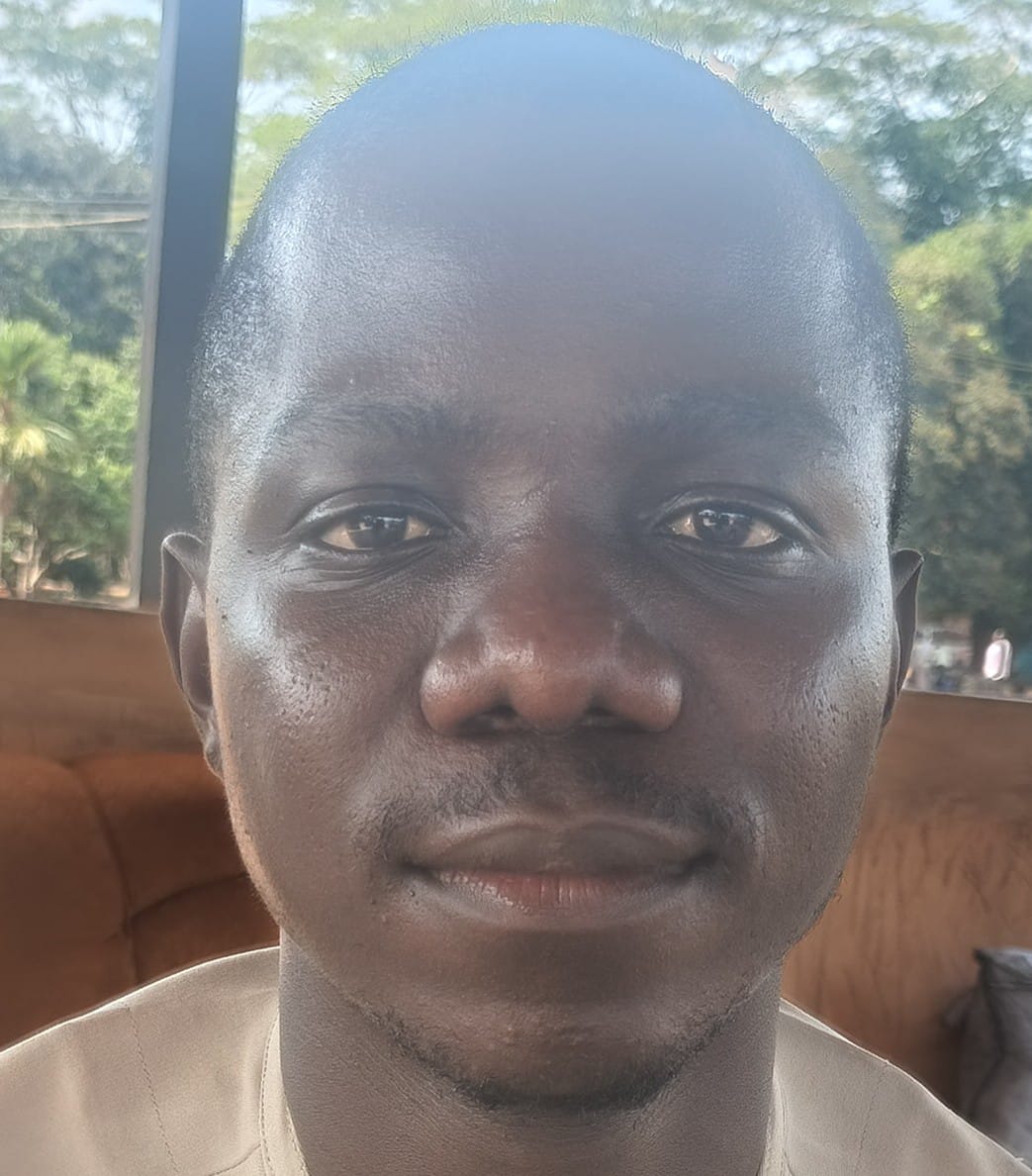When I read the common position the former governor of Rivers State, Rotimi Amaechi and his counterpart from Kaduna, Nasir el-Rufai, pushed in Abuja last week about the government of President Bola Tinubu, the first thing that came to mind was the curse of instability Obàtálá placed on Alákedun. Indeed, there is no stability for the betrayer because it was pronounced: Àti ‘gi dí’gi ni ti Ìjímèrè (From one tree to the other is the lot of Ijimere-monkey)!
Rìkísí is Yoruba word for conspiracy. When two hitherto enemies suddenly find a common ground, my people say of them: Rìkísí pa wón pò wón di òré (united in friendship by conspiracy). Rìkísí has a forerunner. Before two enemies come together to pursue a common goal, both, or either of them, must have betrayed a cause. Betrayal comes before conspiracy (Ilè dídà ní sáájú òtè). Again, no betrayer goes unpunished according to Yoruba belief.
Thanks be to those who nurtured us from our cradle with moral teachings. The various moonlight tales that dominated our informal education in the days of yore are not in vain after all. One of such tales is the story of the small brown monkey, Alákedun, otherwise known as Ìjímèrè. Our elders told us the tale to show why monkeys remain ambulant to this day, jumping from one tree to the other.
Alákedun, the fable says, was a close friend to Obàtálá, the Yoruba god of creativity. One of the delicacies Obatala would not miss is palm wine. The deity was said to relish palm wine to the extent of being addicted to it. And being a generous god, Obatala always invited all other deities and his friends to share his palm wine with him.
Of all the friends, the closest to Obàtálá was Alákedun, whom the deity employed to work for him and paid him handsomely. The only secret Obatala probably kept away from Alakedun was the very minute the god of creativity would go into the inner recesses with his wife for due benevolence! They were that close.
One day, the other deities and friends, jealous of Obàtálá’s progress in life, decided to conspire against him. They went to a fake Babalawo, who made a false divination and pronounced that Ifa had banned the consumption of palm wine. Obàtálá knew that the plot was against him, and he devised a means to beat them at their game.
Obàtálá got a new pot and asked his wife to fill it with ògí (pap). When the formation got fermented, he poured the whitish water into another pot and began to drink it. Alákedun noticed that Obàtálá used to drink a whitish substance from the pot. He opened the pot and saw the whitish water inside. Without having a taste of the content, he dashed to his co-conspirators to inform them that Obàtálá had defied the instruction from Ifa as he continued to drink palm wine.
MORE FROM THE AUTHOR: OPINION: Obasa, His Mouth And Wild Pigeon
Obàtálá was summoned and the allegation laid before him. The deity did not utter a word. He simply brought out the pot and asked everyone to taste the content. They all did. Yes, the content was whitish, but it did not taste like palm wine, nor did it have the scent of palm wine. Alákedun was ashamed.
As a punishment, Obàtálá disengaged him from his employ and placed a curse on him to wit: Alákedun will not have a stable lifestyle but will hop from one tree to the other. Whenever you see a monkey, know the source of its perpetual ambulant lifestyle. There is no stability for a betrayer!
The duo of Amaechi and el-Rufai spoke at a national conference on strengthening democracy in Nigeria, organised by the African Centre for Leadership, Strategy and Development in Abuja. At the conference, Amaechi for instance, asked the younger generation of Nigerians to be ready to fight very hard and wrest power from the incumbent President Tinubu.
The former Minister of Transportation under the lethargic government of General Muhammadu Buhari, warned that: “The politician is there in Nigeria to steal, maim, and kill to remain in power. If you think Tinubu will give it to you, you are wasting your time.” He added that for Tinubu to be shown the way out of power in the next round of general elections, “The people should be angry. There should be protests. Not even protests against anybody but against the politicians that ‘we won’t vote.” Unless the people demonstrated that they would do the unthinkable to defend their votes, they should perish the thought of chasing the present power wielders out of power.
To be honest, there is nothing the former Rivers State governor said at that event that is not true. Even his account of how the ruling All Progressives Congress (APC) intimidated former President Goodluck Ebele Jonathan and his Peoples Democratic Party (PDP) out of power is also correct. The only snag in his submissions is why Rotimi Amaechi is bitter about the Tinubu administration. Why did he, for the terrible eight wasteful years of the Buhari administration, not come out forcefully to encourage Nigerians to ‘rescue’ their country?
MORE FROM THE AUTHOR: [OPINION] Alaafin and Ifa: Nothing Is Left
The answer to the above posers is also in the tale of the Hyena and the mangoes. Hyena, by nature, is not gifted with the talent of jumping heights. So, the tale has it that one day, the Hyena was hungry. It appeared that all the lesser animals in the jungle that could have served as good lunch were holding a prayer session. The Hyena eventually got to a mango tree with ripe fruits. It decided to have some to keep its belly warm pending when any animal would stray to its path.
Hyena made several unsuccessful attempts to pluck the ripe mangoes. When it dawned on it that it was a mission impossible, it looked up at the mangoes, hissed and intoned: “Why am I even wasting my time over these unripe mangoes” That is exactly the frustration Amaechi is suffering over the Presidency he sought and did several rounds of sprinting at the Port Harcourt Stadium in 2023 to show that he is fit, but failed to accomplish!
Nobody can successfully defend the cluelessness in the Tinubu administration without sounding witless. Be that as it may, it is equally not in the place of Amaechi to criticise this government if he could tolerate the vapid administration of Buhari for eight years without a mewl from him!
The Buhari government under which Amaechi served as a minister and the current docile Tinubu administration are like leprosy and third-degree scabies. Both destroy the skin of the afflicted. It is an insult to our sensibilities if Amaechi is now projecting himself as our moral compass to judge anyone in power. From the time he left the university till he left government in 2023, Amaechi has remained an over-pampered child of government (Akebaje omo Ijoba). If there is any protest in the league of the one he advocated in Abuja, the former governor should be told that he will not escape the wrath of the people. It is better that he knows the fire he intends to kindle with his call to action!
The same applies to el-Rufai and his sanctimonious propensity, when he said that: “You cannot afford to have illiterates, semi-illiterates, and cunning people as your leaders. This is why we end up with the poor leadership we have today.” The question to ask is: who assisted the “illiterates, semi-illiterates, and cunning people” to get to power in the first instance?
If el-Rufai is so concerned about the quality of leadership Nigeria deserves, was Tinubu the best among the lots that contested the APC presidential primaries? Why, for instance, did he rally all northern elite in the APC, and blackmailed the Presidency then into supporting the Tinubu agenda? At what point did he realise the ‘illiteracy’ and ‘semi-illiteracy’ in this administration? After his failed attempt at becoming a minister?
And talking about the non-existent stance of opposition, or attempt to cripple the opposition by the APC, who will help us to tell el-Rufai that he is the chief architect of the death of opposition in the current dispensation? Why would he not realise that he joined forces with others to decapitate the PDP when he abandoned the party to join the current “illiterates and semi-illiterates” to form the APC all in a bid to wrest power at all costs!
MORE FROM THE AUTHOR: OPINION: Yuletide Horror
If it is true that “The problems that led to the creation of the APC remain unresolved” and he “…no longer believe the APC is interested in addressing them”, as he claimed, why is it difficult for el-Rufai to understand that APC is a child of conspiracy and that the party only came to wrest power and nothing more?
Is el-Rufai not old enough to know that whatever is established on the quicksand of conspiracy would not last? That conspiracy does not birth any good child? This is why his romance with Amaechi, and other politicians in the PDP, to ally will also not stand. There is nothing altruistic about the whole gang-up!
It is most unfortunate that President Tinubu is not giving one the opportunity to defend him. How I wish that the man who was said to have “built Lagos” was living up to his billing as a ‘builder’! One would have used some unkind words to qualify the el-Rufais and Amaechis of this era!
The only takeaway from the rantings of these two folks is that there is nothing conspiracy cannot, sadly, breed! When Rotimi Amaechi indicated interest to become president in 2023, el-Rufai was at the forefront, leading the foot soldiers of President Tinubu. Today, Amaechi and el-Rufai have found a common ground in the lacklustre performance of Tinubu to sermonise on good governance; the same they could not offer the people of Rivers and Kaduna States, when they held sway as governors. Pity!
If one’s masquerade dances well at the arena, one cannot but be elated. But how does one chant the praise names of this Tinubu’s Egúngún that is missing every step of the choreography at the arena? Why won’t the frogs of Amaechi and el-Rufai urinate on the white costume of Tinubu’s masquerade when the only visible achievement of the 20-month-old administration is the pain it inflicted on the people at its inception?
Unfortunately for the hapless masses, with the way the PDP is standing today, and the back-and-forth locomotion from Peter Obi and his Labour Party, the tendency that Tinubu would refine his 2023 winning ‘strategies’ and foist another term on us all is very high! Sad, and at the same time terrifying, but the Rìkísí from Amaechi and el-Rufai is not strong enough to dislodge Tinubu from Aso Rock Villa. I wonder how many Nigerians would pay attention to the duo with their tendency to jump into any political bed as long as their insatiable personal interests are concerned! It appears that Òjé (lead) has been fixed on the chief priest’s finger. Who will remove it?






























